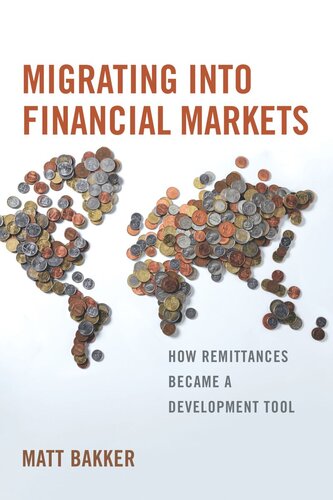

Most ebook files are in PDF format, so you can easily read them using various software such as Foxit Reader or directly on the Google Chrome browser.
Some ebook files are released by publishers in other formats such as .awz, .mobi, .epub, .fb2, etc. You may need to install specific software to read these formats on mobile/PC, such as Calibre.
Please read the tutorial at this link: https://ebookbell.com/faq
We offer FREE conversion to the popular formats you request; however, this may take some time. Therefore, right after payment, please email us, and we will try to provide the service as quickly as possible.
For some exceptional file formats or broken links (if any), please refrain from opening any disputes. Instead, email us first, and we will try to assist within a maximum of 6 hours.
EbookBell Team

4.8
14 reviewsA free ebook version of this title is available through Luminos, University of California Press’s new open access publishing program for monographs. Visit www.luminosoa.org to learn more.
We understand very little about the billions of dollars that flow throughout the world from migrants back to their home countries. In this rigorous and illuminating work, Matt Bakker, an economic sociologist, examines how these migrant remittances—the resources of some of the world’s least affluent people—have come to be seen in recent years as a fundamental contributor to development in the migrant-sending states of the Global South. This book analyzes how the connection between remittances and development was forged through the concrete political and intellectual practices of policy entrepreneurs within a variety of institutional settings, from national government agencies and international development organizations to nongovernmental policy foundations and think tanks.